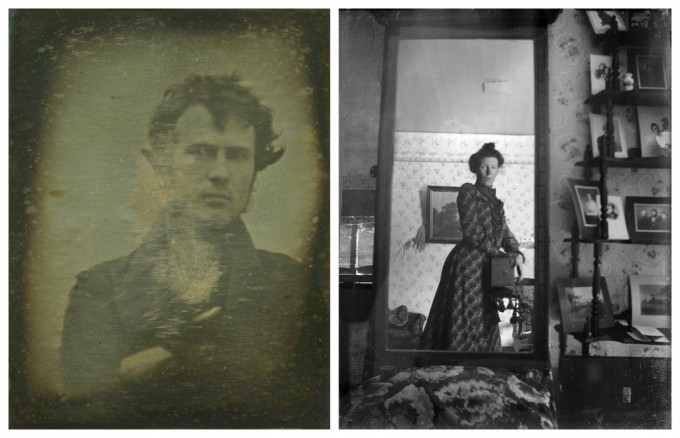It seems like every week we now see a new article, or an old one making the rounds again, telling us that the end is near, because millennials are doing [insert your preferred activity]. The most common one that comes up is that Kids These Days are so obsessed with their smellfies and their instergramers that they are literally destroying the world with their obsession to capture and shares their lives online.
Full disclosure – while a millennial, I almost never take selfies of any kind. When I do, I post maybe 1% of them, usually because my dog is involved and not to share him with the world is basically a crime.

I do not have a flickr account, instagram, snapchat, and whatever else Kids These Days are using.
The argument seems to go that our generation is somehow more vain that previous generations, more coddled, more needy, and every other pedantic way of saying that this generation, by virtue of nothing but its birth into a world created by the previous generation, makes it the Worst Generation.
But is narcissism something new? Definitively, no. While many of my compatriots would take this opportunity to take a jab at our favorite villain, this was absolutely also not invented by Baby Boomers.
Humans are just narcissists. How else would we have grown as we have, from a few hundred thousand smart monkeys to the most powerful species on the planet? We did it because we figured we were better, straight from the caves. What is art if not an attempt to rationalize our minds, to express ourselves, to leave something of who we are behind – assuming that this would of course be of value to someone down the line.
Before there were cell phone selfies, people took selfies on their desktops, like savages. Before that, people took them with their film cameras. We’ve been taking selfies since the invention of the camera, and before that we commissioned artists to paint our portraits, stared at mirrors, our reflection in glass or lakes, or drew stick figures with coal inside a cave of us catching that deer like a badass.

Then what has actually changed? Simple. Cameras cost money. Computers, back in the day, were quite expensive. Commissioned paintings were only available to the wealthy. We used to only see the remains of the upper classes because only they got to make anything that lasted. At most, we would see the bones of the poor. Even their homes, made of poop and hey (true story), didn’t last long enough for us to know them.
Now, everyone has a voice. Everyone gets to commission a painting of themselves and hang it in their digital castle to be admired by… Probably the same number of people, really.
If this is end of humanity, then it is an end millennia in the making. But maybe this is just the next stage for us, one where people learn that they don’t have to have money or come from money to matter. I’ll happily take the blame for that.




